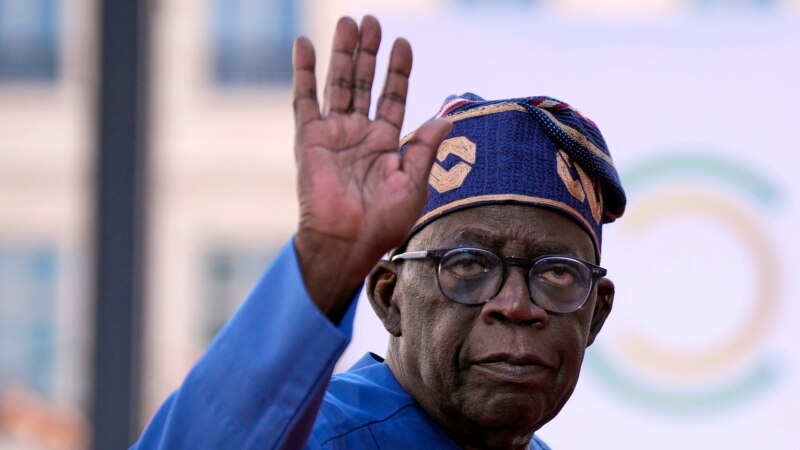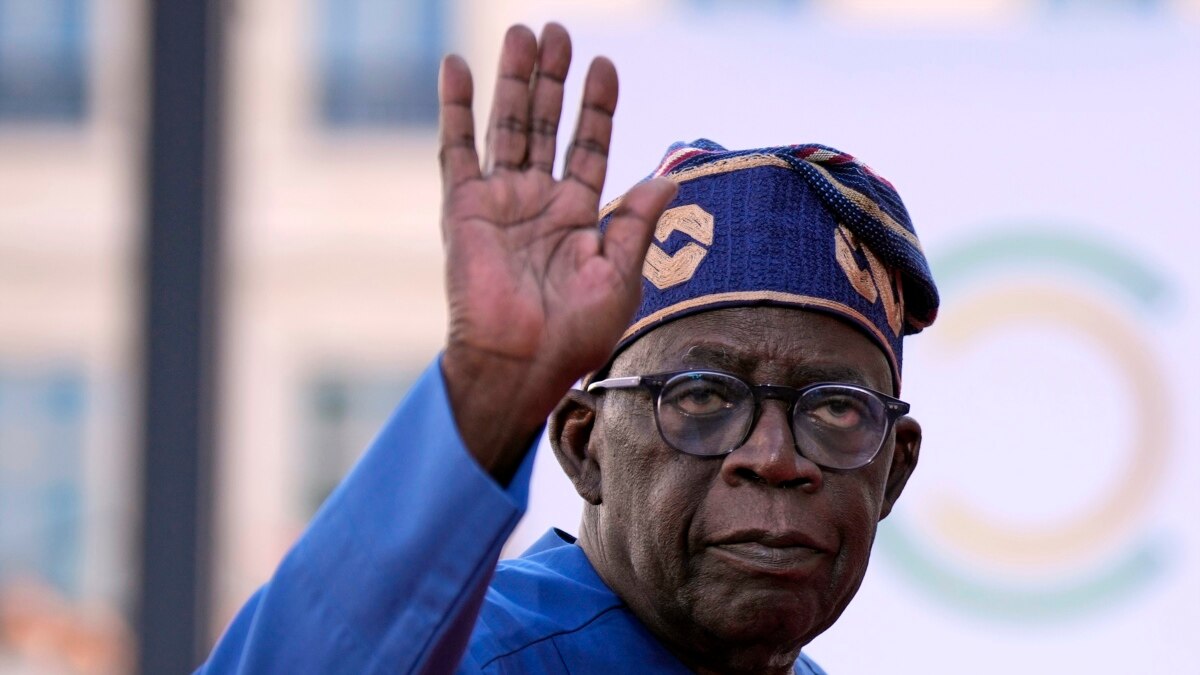This website uses cookies so that we can provide you with the best user experience possible. Cookie information is stored in your browser and performs functions such as recognising you when you return to our website and helping our team to understand which sections of the website you find most interesting and useful.


Nigeria's presidency and the ruling All Progressives Congress party have welcomed this week's decision by the Supreme Court upholding the election victory of President Bola Tinubu.
A seven-man panel of justices upheld Tinubu's victory in the controversial February presidential polls, ending months of legal challenges by his two main rivals, Atiku Abubakar and Peter Obi.
In a statement issued late Thursday, Tinubu said that the court decision bolstered his commitment to serve as president and that the judgment would strengthen Nigeria's electoral jurisprudence and democracy.
But opposition parties were disappointed with the verdict, saying it could erode trust in Nigeria's judiciary and democracy.
The court rejected an effort by Abubakar to introduce new evidence to support his allegations that Tinubu had forged the diploma he presented to the electoral commission. The court held that it was too late to make that case.
The court also rejected a challenge to the manual transmission of votes, which opposition parties said gave rise to concerns about the manipulation of vote counts. February's election was rife with allegations of irregularities, which Nigeria’s electoral commission rejected.
Phrank Shuaibu, Abubakar's spokesperson, said the court ruling "was high on technicalities, with so little of substantial justice. Nigerians know - you'll notice the gloom, the tears, the pain on the faces of Nigerians since yesterday. What I know for sure is that we have not heard the last of the February 25 election. The issues around it will continue to haunt those who did all they could to avert justice."
Tinubu said it was now time to focus on government and called for general support.
Nigeria has been grappling for months with high inflation, insecurity, crude oil theft, dwindling foreign reserves and currency devaluation. Critics blame Tinubu's new economic policies for making matters worse.
Opposition attorney Kenneth Okonkwo said, "The decision of the Supreme Court is final, but I respectfully disagree with some of the portions of the judgment. But if you disagree with the judgment, the only appeal you have is to God."
As Nigerian president, Tinubu also doubles as chair of the Economic Community of West African States (ECOWAS). The bloc has been seeking to restore constitutional order in Niger after a recent coup. Analysts say coups have become rampant across Africa because of failures of democratically elected governments.
This week, ECOWAS and the International Institute for Democracy and Electoral Assistance held a summit in Abuja to look for a solution.
Abdel Fatau Musa, ECOWAS's political affairs, peace and security commissioner, said, winner-take-all politics "has been the source of many state captures and also disenchantment of large groups of populations in our continent."
Nigeria's former president, Goodluck Jonathan, also spoke at the summit. "There is a strong connection between democracy and development," he said, "hence the need to deepen democracy, make it more inclusive and strengthen the institutions of governance towards building a stable and prosperous society."
For now, Nigerians hope Tinubu can deliver on promises he made to boost the economy and fight corruption and insecurity.



 Africana55 Radio
Africana55 Radio 
